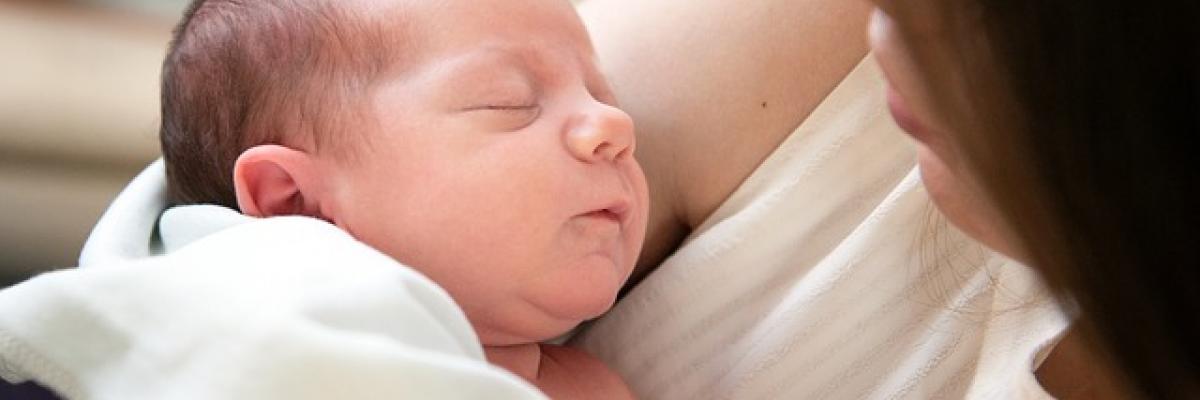Major UK clinical trial of Group B Streptococcus screening in pregnancy starts

A large trial of screening pregnant women for Group B Streptococcus (GBS) in late pregnancy or in labour will study its effect in reducing life-threatening infection in the newborn. The trial started in April 2019 when the first wave of five sites had been approved and trained. It is hoped that over 2 years 80 UK-wide sites will enrol more than 300,000 women.
About 20% of symptomless pregnant women carry GBS in their vagina and rectum, bacteria that can be transmitted to their babies during delivery. Over one in 2000 newborns develop potentially life-threatening GBS infections such as pneumonia, meningitis or sepsis during their first week of life and may be left with disabilities. Premature babies are at increased risk. There is evidence that giving an antibiotic such as ampicillin to a mother carrying GBS in late pregnancy or during labour minimises transmission.
The present NHS ‘risk-factor’ practice is to give antibiotics to pregnant women if they have previously had a baby with a GBS infection or if, in their present pregnancy, they have had GBS identified in cultures from vaginal swabs or urine samples that were taken for clinical reasons. In the new trial, this limited risk-factor approach will be compared with the cost and clinical-effectiveness of offering screening to all pregnant women with one of two screening methods that will also be compared with each other.
In the first antenatal screening method a vaginal-rectal swab is taken at 35 to 37 weeks of pregnancy and transported to a local laboratory in a nutrient broth that encourages the growth of GBS for its culture and identification. In the second method a vaginal-rectal swab is taken after 37 weeks at the start of labour. The swab is inserted into a test cartridge from a GeneXpert GBS (Cepheid Inc) automated test system which uses a polymerase chain reaction (PCR) to detect the DNA of GBS. The system can be located near patients and test results are available in 50 minutes or less.
The present major trial follows the conclusion in 2017 of a study of published research by the UK National Screening Committee, the National Institute for Health and Care Excellence and the Royal College of Obstetricians and Gynaecologists that there was inadequate published evidence about the cost and clinical benefit of universal GBS screening, either in late pregnancy or early labour.
The study is led by Dr Kate Walker and Professor Jane Daniels of the University of Nottingham’s School of Medicine and funded by the National Institute for Health Research with support from the charities GBS Support and the National Childbirth Trust.
It is hoped the trial will provide the National Screening Committee with the clinical and economic evidence required to decide whether universal GBS screening should be implemented in the UK.

